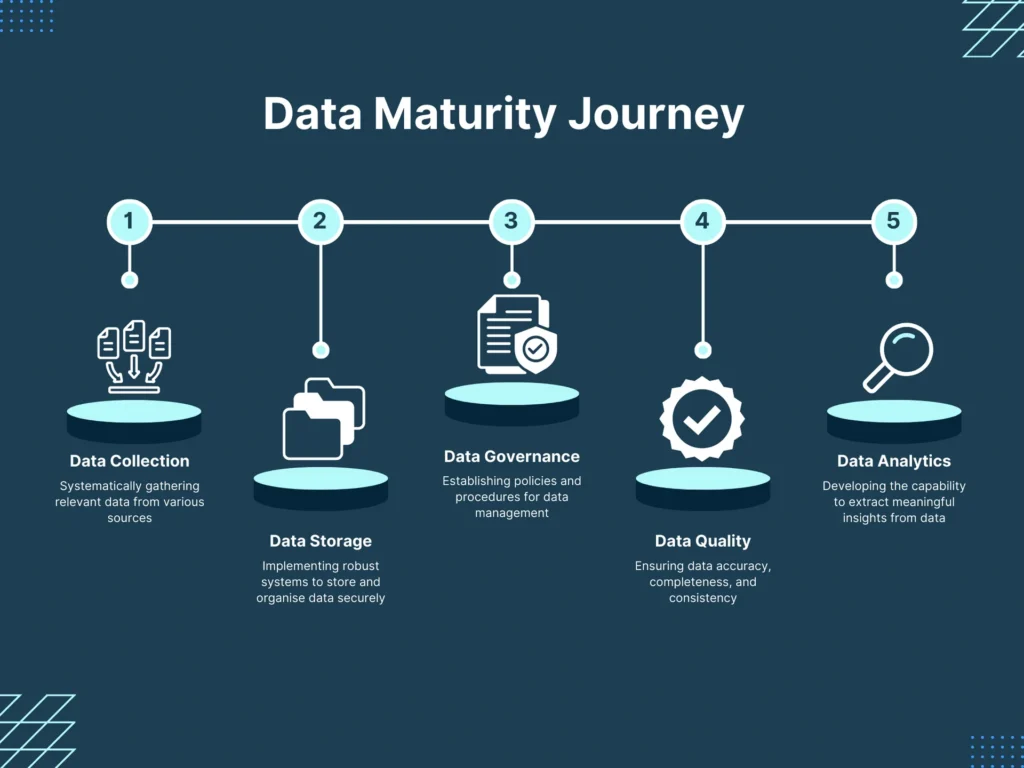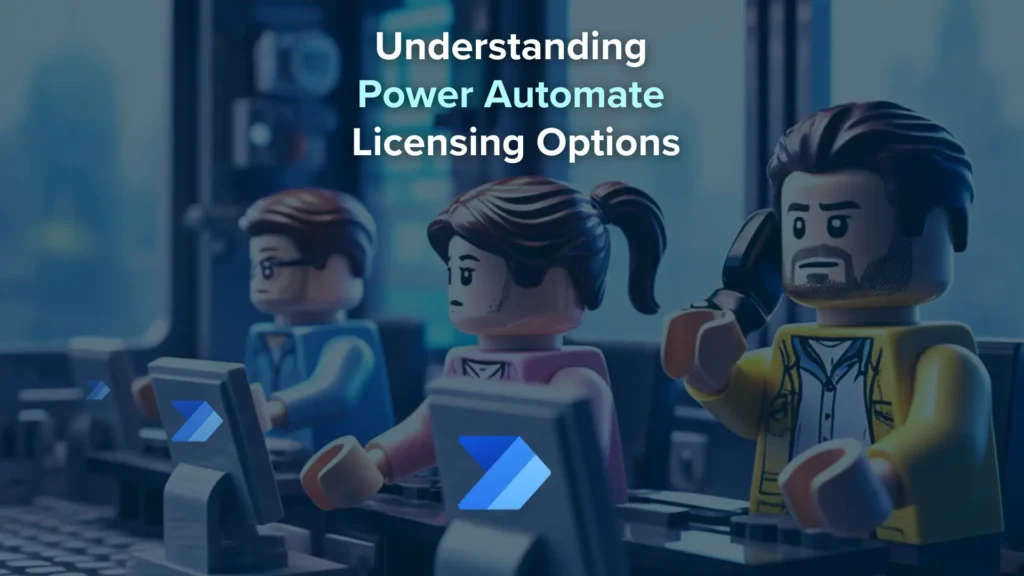The buzz around AI is undeniable. Businesses worldwide are scrambling to integrate AI into their operations, often viewing it as a silver bullet for efficiency and innovation. However, this rush to adopt AI often overlooks a critical truth: AI is only as good as the data it’s built upon.
At its core, AI is about pattern recognition and prediction based on vast amounts of data. The quality, quantity, and relevance of this data directly impact the effectiveness of AI systems. High-quality data leads to accurate insights and predictions, while poor data results in misleading or useless outputs.
Many organisations fall into the trap of believing that implementing AI will automatically solve their problems or give them a competitive edge. But without a solid data foundation, these AI initiatives are doomed to underperform or fail entirely.
How many of us would trust an advisor who based their recommendations on outdated or inaccurate information? The same principle applies to AI. Without reliable, up-to-date data, even the most sophisticated AI algorithms will produce flawed results.
The Data Maturity Journey

Before diving headfirst into AI, organisations need to assess and improve their data maturity. Data maturity refers to an organisation’s ability to manage, analyse, and leverage its data effectively. This journey typically involves 5 key stages:
- Data collection: Systematically gathering relevant data from various sources
- Data storage: Implementing robust systems to store and organise data securely, whether on-premises or in the cloud.
- Data governance: Establishing policies and procedures for data management, including data ownership, access controls, and compliance requirements.
- Data quality: Ensuring data accuracy, completeness, and consistency through data cleansing, enrichment, and validation processes.
- Data analytics: Developing the capability to extract meaningful insights from data using advanced analytics and business intelligence tools.
Progressing through these stages lays the groundwork for successful AI implementation.
Organisations with mature data practices are better positioned to harness the power of AI. They have the necessary infrastructure, processes, and expertise to feed AI systems with high-quality data and interpret the results effectively.
For example, a retail company with a robust data management system can leverage AI for inventory optimisation, personalised marketing, and demand forecasting. Without this data foundation, the same company might struggle to implement AI effectively, resulting in wasted resources and missed opportunities.
The Microsoft Power Platform: Empowering Data-Driven AI
As businesses begin on their data and AI journey, tools like the Microsoft Power Platform can play a crucial role. This suite of applications, including Power BI, Power Apps, and Power Automate, enables organisations to collect, manage, and analyse data effectively.
In addition to the Power Platform, organisations can also leverage other Microsoft data solutions, such as Azure Data Factory and Microsoft Fabric, to create comprehensive data lakes and streamline data integration. These tools can help organisations centralise and unify data from various sources, laying the groundwork for more advanced analytics and AI initiatives.
The Power Platform’s low-code approach democratises data analytics and AI capabilities, allowing businesses to build data-driven solutions without extensive technical expertise. This empowers organisations to gradually enhance their data maturity while laying the groundwork for more advanced AI implementations.
Actionable Steps for Businesses
To prepare for the AI-driven future, businesses should focus on strengthening their data foundations:
- Assess your current data maturity level
- Develop a comprehensive data strategy aligned with business goals
- Invest in data infrastructure and tools like the Microsoft Power Platform
- Foster a data-driven culture across the organisation
- Prioritise data quality and governance
- Start with small, manageable data projects before scaling up to AI
Remember, the journey to AI readiness is a marathon, not a sprint. Each step towards better data management brings you closer to realising the full potential of AI.
While AI continues to captivate the business world with its promise of innovation and efficiency, it’s crucial to remember that data is the bedrock upon which successful AI is built. By shifting focus from AI hype to data maturity, organisations can set themselves up for long-term success in the digital age.
As you consider your organisation’s future in the AI landscape, it’s important to ask yourself: Are we truly ready for AI, or do we need to strengthen our data foundations first? The answer to this question could be the key to unlocking your business’s full potential in the age of AI.
If you’re looking to assess your data maturity or develop a roadmap for AI readiness, consider reaching out to specialists who can guide you through this crucial journey.



